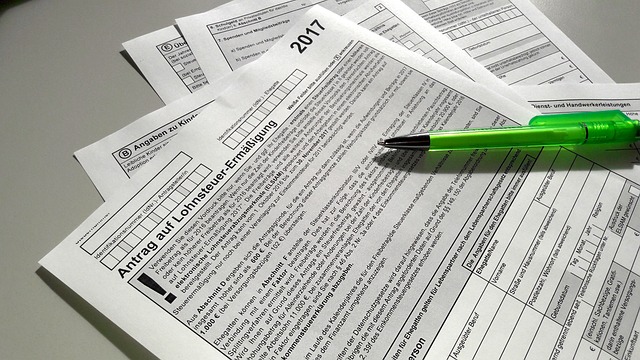In South Africa, Self-Employment Tax Planning through Provisional Tax (PT) is crucial for freelancers to avoid penalties and stay compliant with SARS regulations. Freelancers calculate PT based on estimated income, tracking expenses and profits annually. Effective strategies include record-keeping, regular reviews of SARS guidelines, consulting tax professionals, accurate forecasting, preserving receipts, and prompt registration with SARS for an Individual Tax Number (ITN). Staying updated on guidelines and legislative changes ensures optimal financial management throughout the year.
Navigating the complex world of provisional tax in South Africa can be daunting for freelancers. This comprehensive guide is designed to empower you with the knowledge needed to effectively manage your self-employment tax obligations. From understanding the basics of provisional tax in South Africa to exploring key steps for strategic tax planning and avoiding common pitfalls, this article offers valuable insights tailored specifically for local freelancers looking to stay compliant and optimize their finances.
- Understanding Provisional Tax in South Africa: A Freelancer's Perspective
- Key Steps for Effective Self-Employment Tax Planning
- Common Pitfalls and How to Avoid Them: Staying Compliant with Taxes
Understanding Provisional Tax in South Africa: A Freelancer's Perspective

In South Africa, Provisional Tax (PT) is a key aspect of self-employment tax planning for freelancers. As independent contractors, understanding and managing PT is crucial to avoid penalties and ensure compliance with the Revenue Service’s (SARS) regulations. The PT system is designed to estimate an individual’s annual income tax liability during the year, allowing freelancers to make regular payments. This proactive approach to tax management ensures that freelancers contribute towards their future tax obligations while also providing a degree of financial predictability.
Freelancers in South Africa are responsible for calculating and paying their own PT based on estimated income from contracts. This process involves tracking income, expenses, and profits throughout the year. Effective self-employment tax planning includes staying organized with records, regularly reviewing SARS guidelines, and consulting with a tax professional to ensure accurate calculations. By adhering to these practices, freelancers can navigate the complexities of Provisional Tax, mitigate potential issues, and optimize their financial strategy.
Key Steps for Effective Self-Employment Tax Planning

In South Africa, self-employment tax planning is a crucial aspect for freelancers to ensure compliance and optimise their financial obligations. The key steps involve understanding your tax obligations as a self-employed individual, keeping meticulous records of income and expenses, and seeking professional advice when needed. By staying organised and informed, freelancers can effectively manage their provisional tax payments throughout the year.
Freelancers should aim to forecast their annual income, allowing for accurate tax calculations and budgeting. Regularly reviewing and updating this forecast as the year progresses is essential. Additionally, categorising and preserving all relevant receipts and invoices will facilitate a smooth tax filing process and potential deductions at the end of the tax year.
Common Pitfalls and How to Avoid Them: Staying Compliant with Taxes

Staying compliant with taxes is a critical aspect of self-employment that many freelancers in South Africa often overlook. Common pitfalls include forgetting to register for a tax number, incorrect classification of income or expenses, and inadequate record keeping. To avoid these issues, it’s essential to understand your tax obligations from the start. Register with the South African Revenue Service (SARS) promptly to obtain an Individual Tax Number (ITN), which is crucial for reporting your earnings accurately.
Properly categorise your income and expenses to ensure you pay the right amount of tax. Keep detailed records of all transactions, including invoices and receipts. Consider using accounting software or hiring a professional bookkeeper to streamline the process. Regularly review SARS guidelines and stay updated on any changes in legislation affecting self-employment tax planning in South Africa.







